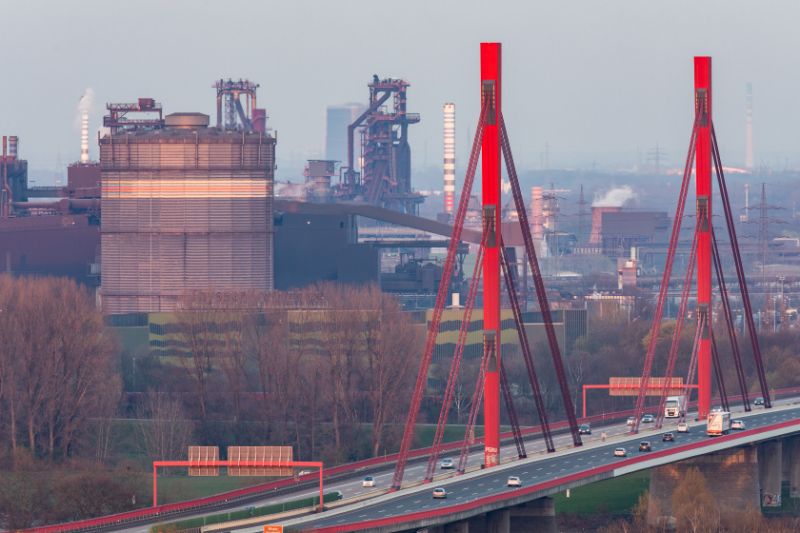India’s manufacturing sector activities moderated in January as new orders and production expanded at a slower rate as the new wave of COVID-19 restricted growth and affected business confidence that slipped to a 19-month low, a monthly survey said on Tuesday.
The seasonally adjusted IHS Markit India Manufacturing Purchasing Managers’ Index (PMI) was at 54.0 in January, down from 55.5 in December and signalled the weakest improvement in the health of the sector since last September.
The January PMI data pointed to an improvement in overall operating conditions for the seventh straight month. In PMI parlance, a print above 50 means expansion, while a score below 50 denotes contraction.
“The latest PMI results indicated that the new wave of COVID-19 had a mild impact on the performance of the Indian manufacturing sector. Several measures such as output, new orders and input buying remained in expansion mode. Although growth rates eased, they were historically strong,” said Pollyanna De Lima, Economics Associate Director at IHS Markit.
On the price front, there was a further substantial increase in input costs facing goods producers. The overall rate of inflation eased to a four-month low but remained above its long-run average.
“Survey participants were concerned that production growth would be hampered by inflationary pressures, the escalation of the pandemic and any new restrictions it would bring. The overall level of business confidence tumbled to a 19-month low,” Lima said.
Tamed business optimism contributed to another monthly decline in manufacturing jobs. The fall was modest but quickened from December. Several companies indicated that workforce numbers were sufficient to cope with current production requirements.
“Companies sought to rebuild input stocks by purchasing additional raw materials and semi-finished items, but uncertainty surrounding growth prospects resulted in further job shedding,” Lima said.
Meanwhile, Finance Minister Nirmala Sitharaman on Tuesday said the country’s economic growth is expected at 9.2 per cent in the current financial year on the back of a sharp rebound in the economy.
The Reserve Bank of India (RBI) is expected to hold key interest rates in its February monetary policy as the new wave of COVID-19 is likely to affect economic recovery. The RBI monetary policy committee is slated to announce its monetary policy on February 9.







